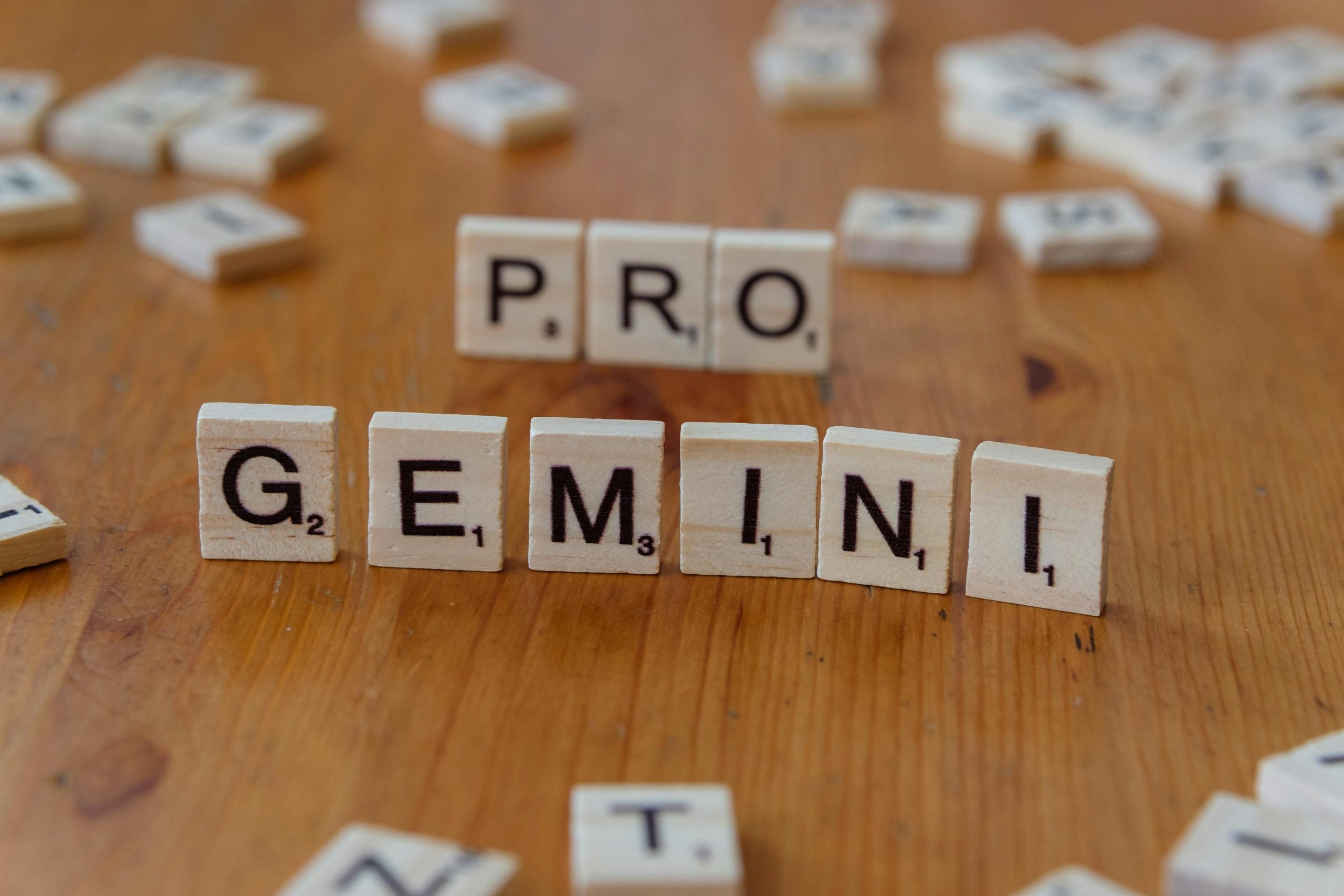I am convinced that AI will not worsen the proliferation of disinformation.
Will AI Really Worsen the Disinformation Crisis? A Closer Look
The debate surrounding AI’s impact on the proliferation of disinformation is ongoing, with many experts expressing concern that artificial intelligence could exponentially increase the spread of false or misleading content. However, a different perspective suggests that the influence of AI on disinformation might not be as alarming as some fear.
Understanding Content Generation in the Age of AI
A common belief is that AI contributes heavily to a rise in low-quality, confusing, or outright false information—what some might call “junk content.” If we examine social media broadly, it’s true that AI-generated clutter is increasingly prevalent. The worry is that such growth could translate into a flood of disinformation, overwhelming users with deceptive material.
The Human Factor and Content Consumption Patterns
However, the crux of the argument is that, for the average user, the quantity of content—be it human or AI-produced—does not necessarily change their viewing habits or exposure. For instance, if I spend a set amount of time scrolling through TikTok or YouTube Shorts, I tend to consume around 100-150 short clips regardless of whether some are created by humans or AI. Injecting AI-generated videos into that mix doesn’t significantly increase the total number of disinformative pieces I encounter.
Indeed, human-generated disinformation has existed in vast amounts for years—so much that adding another petabyte of AI-produced falsehoods may not substantially alter what I see or believe. Our content consumption is largely driven by personal preferences and what captures our attention, which remains relatively stable in the face of increased content volume.
Format and Pseudo-Disinformation
Much disinformation today isn’t just blatant lies but often delivered via formats that make deception more subtle. For example, a clip featuring a manipulated quote or an edited video with misleading context can be highly convincing without appearing obviously false. A notorious case is a clip of a public figure saying something they never did, which can appear authentic amidst the flood of real footage.
Does AI Make Fake Content More Convincing?
The primary concern is that AI could generate more sophisticated doctored videos, making it harder to distinguish truth from fiction. While this is a valid point, against the massive volume of existing disinformation and current media consumption habits, the incremental impact of AI-generated “deepfakes” might be limited.
People tend to consume content that aligns with














Post Comment